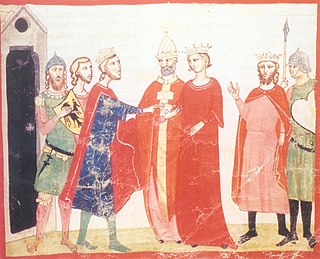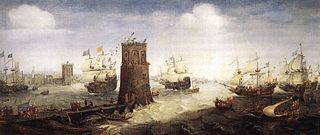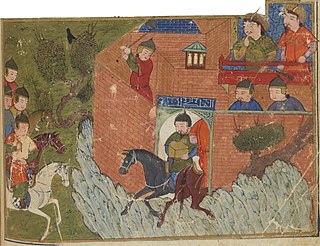
Year 1220 (MCCXX) was a leap year starting on Wednesday of the Julian calendar.

Year 1229 (MCCXXIX) was a common year starting on Monday of the Julian calendar.

Year 1232 (MCCXXXII) was a leap year starting on Thursday of the Julian calendar.

Year 1238 (MCCXXXVIII) was a common year starting on Friday of the Julian calendar.

Year 1248 (MCCXLVIII) was a leap year starting on Wednesday of the Julian calendar.

Year 1225 (MCCXXV) was a common year starting on Wednesday of the Julian calendar.

Year 1227 (MCCXXVII) was a common year starting on Friday of the Julian calendar.
The 1210s was a decade of the Julian Calendar which began on January 1, 1210, and ended on December 31, 1219.
The 1220s was a decade of the Julian Calendar which began on January 1, 1220, and ended on December 31, 1229.
The 1230s was a decade of the Julian Calendar which began on January 1, 1230, and ended on December 31, 1239.
The 1240s was a decade of the Julian Calendar which began on January 1, 1240, and ended on December 31, 1249.
The 1280s is the decade starting January 1, 1280 and ending December 31, 1289.

Year 1218 (MCCXVIII) was a common year starting on Monday of the Julian calendar.

Year 1219 (MCCXIX) was a common year starting on Tuesday of the Julian calendar.

Year 1233 (MCCXXXIII) was a common year starting on Saturday of the Julian calendar.

Year 1239 (MCCXXXIX) was a common year starting on Saturday of the Julian calendar.

Year 1256 (MCCLVI) was a leap year starting on Saturday of the Julian calendar.

Year 1244 (MCCXLIV) was a leap year starting on Friday of the Julian calendar.

Year 1249 (MCCXLIX) was a common year starting on Friday of the Julian calendar.

Year 1258 (MCCLVIII) was a common year starting on Tuesday of the Julian calendar.














